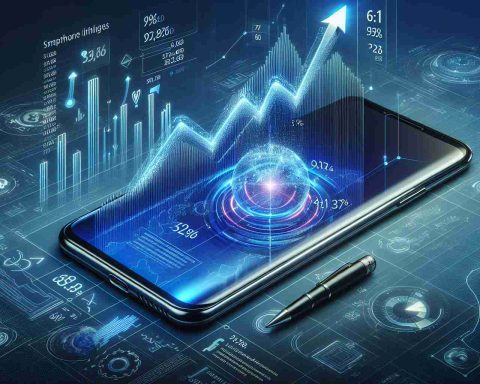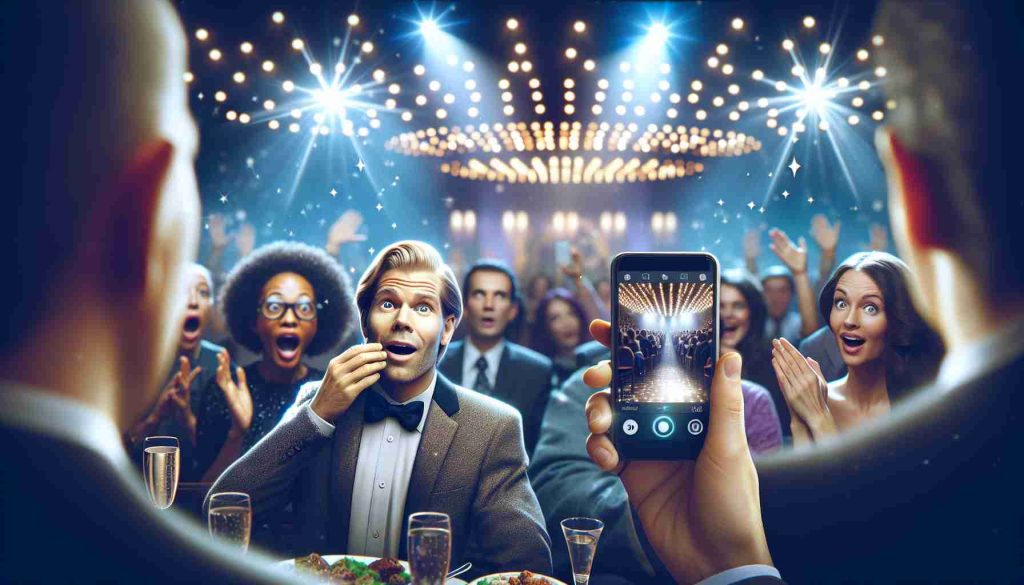In a recent concert incident, singer Zhang Jie unintentionally caused a stir after mentioning a phone number during his performance, leading to considerable backlash online. The issue arose when Zhang, intending to connect with his fans, humorously shared a number that coincidentally turned out to belong to an unsuspecting individual. The first eight digits shared were his birthday—December 20, 1982—juxtaposed with a random number, creating confusion among attendees who believed they were given a direct line to the artist.
The aftermath saw numerous fans attempting to contact the disclosed number, ultimately forcing its original owner to shut down their phone in response to the flood of calls. This situation sparked a debate on social media, with some users advocating for public figures to exercise greater caution in their remarks. Others pointed out that fans likely recognized the significance of the initial digits, seeing it merely as a coincidence.
The legal ramifications of privacy invasion were also brought to the forefront, recalling past cases where individuals sought redress after their contact information was inadvertently revealed in media. For instance, in a notable case related to a film, a business owner successfully claimed damages for the unauthorized disclosure of her phone number in a movie, receiving compensation for the infringement on her privacy. This concert debacle raises important questions about the responsibilities of public figures and the protection of individual privacy rights in the entertainment industry.
Concert Mishap Leads to Controversy Over Privacy Violation
In a striking episode at a recent concert featuring popular Chinese singer Zhang Jie, a seemingly innocent mishap escalated into a fierce debate regarding privacy rights and the responsibilities of public figures. When the singer inadvertently shared a phone number during his performance, it unwittingly set off a chain reaction that illuminated ongoing concerns about privacy violations in the digital age.
What are the core questions surrounding this incident?
1. What constitutes a privacy violation in public performances?
Public figures, while engaging with their audience, may risk unintentionally disclosing private information. This incident brings attention to the fine line between entertainment and privacy rights.
2. How should artists manage their communications during performances?
With increasing integration of digital communication into live events, artists must be more vigilant about their speech to protect not only their privacy but also that of their audience members.
3. What legal protections exist for individuals affected by such disclosures?
Legal frameworks for privacy vary widely across jurisdictions. In many regions, informal disclosures can lead to greater legal scrutiny, prompting the question of whether enhanced policies are warranted.
Key Challenges or Controversies
The primary challenge in this case stems from the balance between personal expression and the potential for harm caused by casual remarks. Additionally, the backlash against Zhang Jie illustrates the societal appetite for accountability among celebrities, pressuring them to be more responsible in their public statements. The impact on the person whose number was disclosed raises ethical concerns about the rights of individuals who are inadvertently drawn into the publicity vortex surrounding celebrities.
Advantages and Disadvantages
Advantages:
– Heightened awareness: The incident has sparked important discussions about privacy, prompting public figures and their teams to reassess how they engage with fans.
– Legal implications: Such episodes may provide a basis for stronger legal protections for individuals’ privacy, resulting in a more cautious approach by public figures.
Disadvantages:
– Chilling effect: Increased scrutiny may lead some artists to avoid personal interactions altogether, diminishing the genuine connection that fans yearn for.
– Miscommunication: In the rush to protect privacy, important messages that bond artists and audiences might get lost, impacting the essence of live performances.
Final Thoughts
As the digital age progresses, incidents like the one involving Zhang Jie serve as pivotal learning moments. It is crucial for artists to navigate their communications carefully and consider the potential repercussions of their words. This controversy is not merely about one moment of humor but a reflection of a society grappling with the complexities of privacy in entertainment.
For more insights on privacy laws and the responsibilities of public figures, you may visit Privacy International.




























